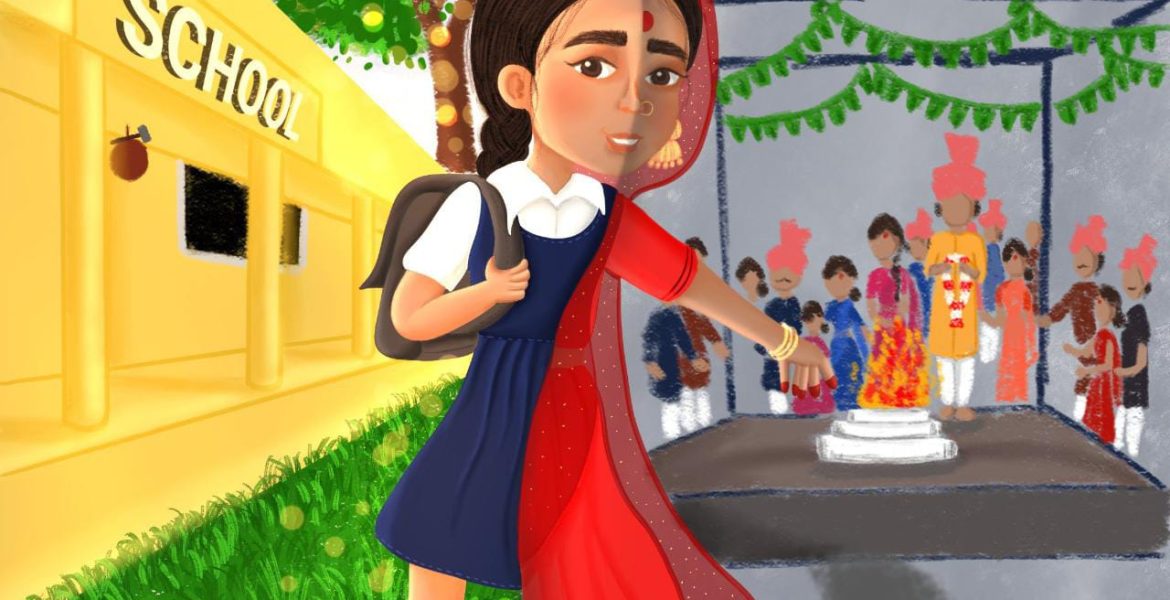“Ban on child marriages applies to all religions”: Kerala High Court
July 29, 2024 2024-07-30 12:33“Ban on child marriages applies to all religions”: Kerala High Court

“Ban on child marriages applies to all religions”: Kerala High Court
By Kawanpreet Kaur
The Kerala High Court held that ban on child marriages is prohibited by law for all, regardless of the religion they follow. The judgement was passed on a case where a Muslim girl was married while she was a minor and a case was registered against the father of the minor, her husband, the President and Secretary of the Islam Juma Masjid Mahal Committee and the witness to the marriage under the Prohibition of Child Marriage Act. The petitioners approached the Court to quash proceedings against them for allegedly committing the offence of child marriage punishable under Sections 10 and 11 of the Act and argued that under Islamic law, girls attain the right to marry when they reach the age of 15 and have the option of terminate the marriage once they obtain puberty.
The Court discussed the objective and provisions of the Prohibition of Child Marriage Act and stated that the Act is applicable to all citizens of India without and beyond India as per Section 1(2) of the Act and to all citizens irrespective of their religion. It noted that every citizen, non-governmental organization etc. must inform the Child Marriage Prohibition Officer or Court about any information regarding child marriage. Further, it stated that Judicial Magistrates of the First Class or Metropolitan Magistrates can issue injunctions to prevent child marriages and have suo motu powers to act on such complaints/information under Section 13 of the Act. The Court also urged Magistrates to be alert about their powers to take suo moto cognizance on being informed about child marriages. It also told the Print and Visual Media to spread awareness to prohibit child marriages in the State.
The Court further clarified that the Protection of child Marriage Act overrides the provisions of the Majority Act, 1875 which under its Section 2 states that the Act does not affect a person’s capacity to act in matters such as marriage, dower, divorce, adoption, and it also specifies that it does not apply to the religion or religious rites of Indian citizens.
The Court also highlighted the evils of child marriage and stated that marriage infringes upon basic human rights and leads to the exploitation of children. It stated that early marriage and pregnancy create health problems for victims of child marriage. The Court noted that child marriages force girls to drop out of school, perpetuate poverty and limit their economic opportunities. It also observed that child brides are vulnerable to domestic violence which causes emotional and psychological trauma and every citizen has a duty to prevent child marriages.
Accordingly, the Court held that the Prohibition of Child Marriage Act, 2006 supersedes the Muslim Personal Law (Shariat) Application Act, 1937 and rejected to quash the proceedings against the petitioners. (Moidutty Musliyar v Sub Inspector Vadakkencherry Police Station- Crl.M.C.No.2515 of 2016)









